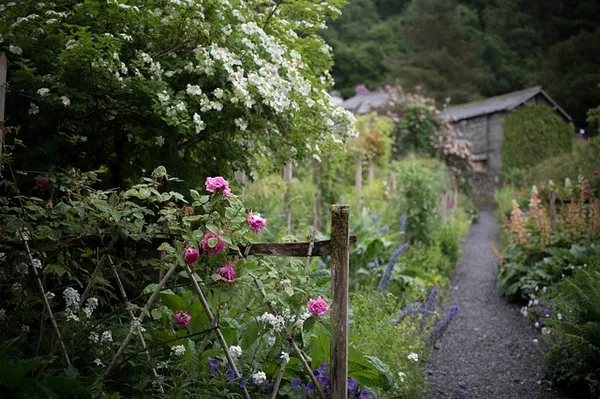Homeowners often struggle with what to do with neglected areas of their yard. Similarly, parts of the Clark Street Beach Bird Sanctuary in Evanston have faced similar challenges since the initial planting in 2015. Volunteers have primarily focused on enhancing the main sections along the walking path from the beach entrance to Northwestern University’s Segal Visitors Center. However, the area just north of the Clark Street Beach House was largely overlooked and became overgrown with young ash and hawthorn trees, Canada goldenrod, and bouncing bet.
In summer 2023, volunteers decided to revitalize this neglected plot into an attractive demonstration garden. Their goal was to create a native perennial garden to showcase the beauty of native plants, increase biodiversity, support pollinators and other wildlife, and encourage homeowners to use native plants in their own gardens.
The Lincolnwood Garden Club of Evanston partnered with the volunteers, helping to design the garden. They recommended 12 plant species based on color, bloom time, and size, and suggested grouping plants “in drifts” for a cohesive look.
Clark Street Beach Bird Sanctuary volunteers led the project. Over the winter, they collaborated with the Garden Club to select new plants and removed unwanted trees. In spring, volunteers Al Gabor and Roger Hauge developed a planting plan and ordered the plants. They continued site preparation by removing weedy plants while preserving native species such as milkweed, wild roses, Joe-Pye weed, and mountain mint.
On planting day in mid-May, Rotary International volunteers helped plant over 400 new plants and spread mulch within three hours. The new plants include wild geranium, wild petunia, butterfly weed, early sunflower, purple cornflower, showy goldenrod, Pennsylvania sedge, and more.
Labels have been added for visitors to identify the plants, and a simple rope fence provides protection without obstructing the view. Volunteers are now focused on maintaining the garden by weeding and watering.


